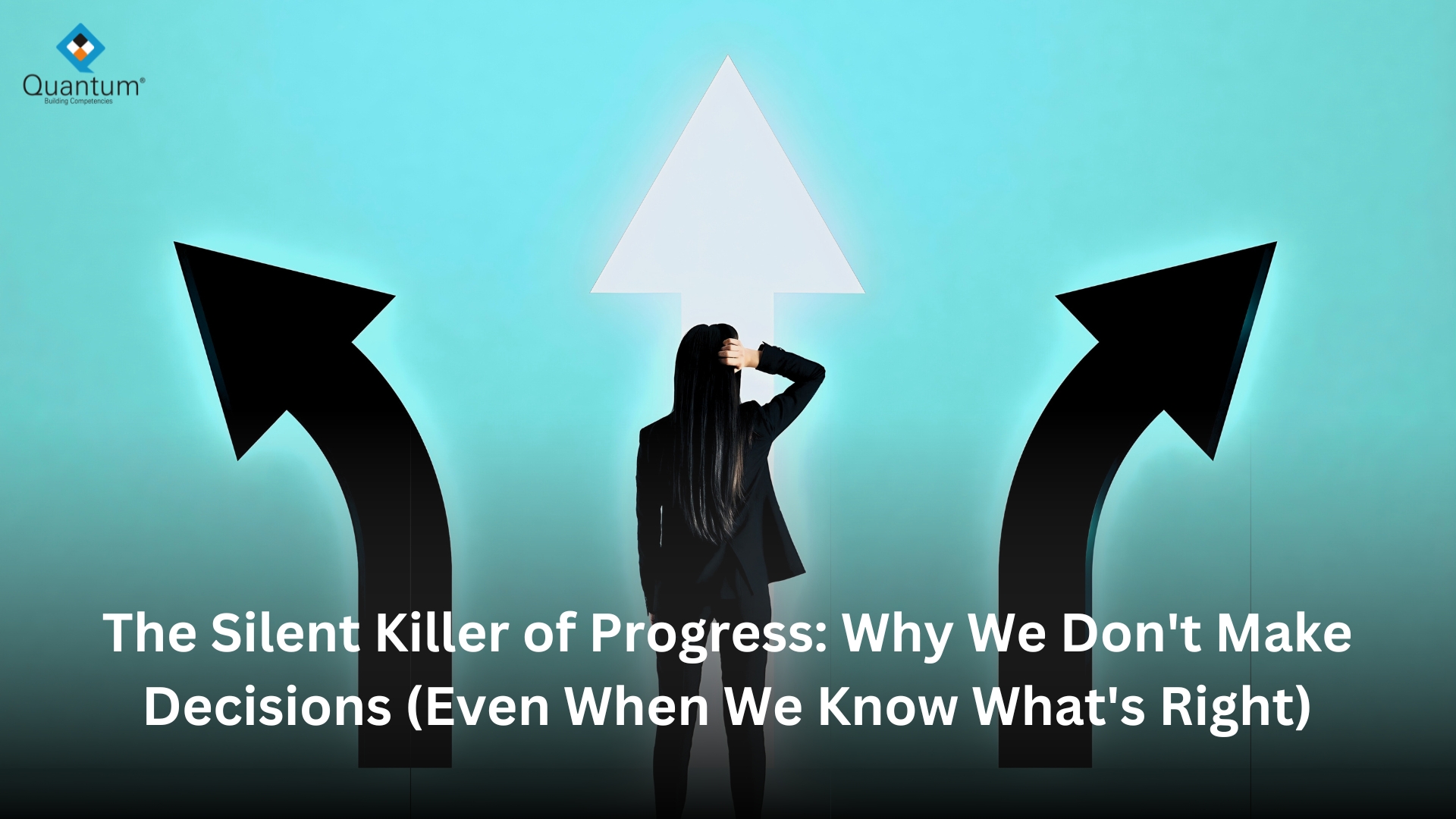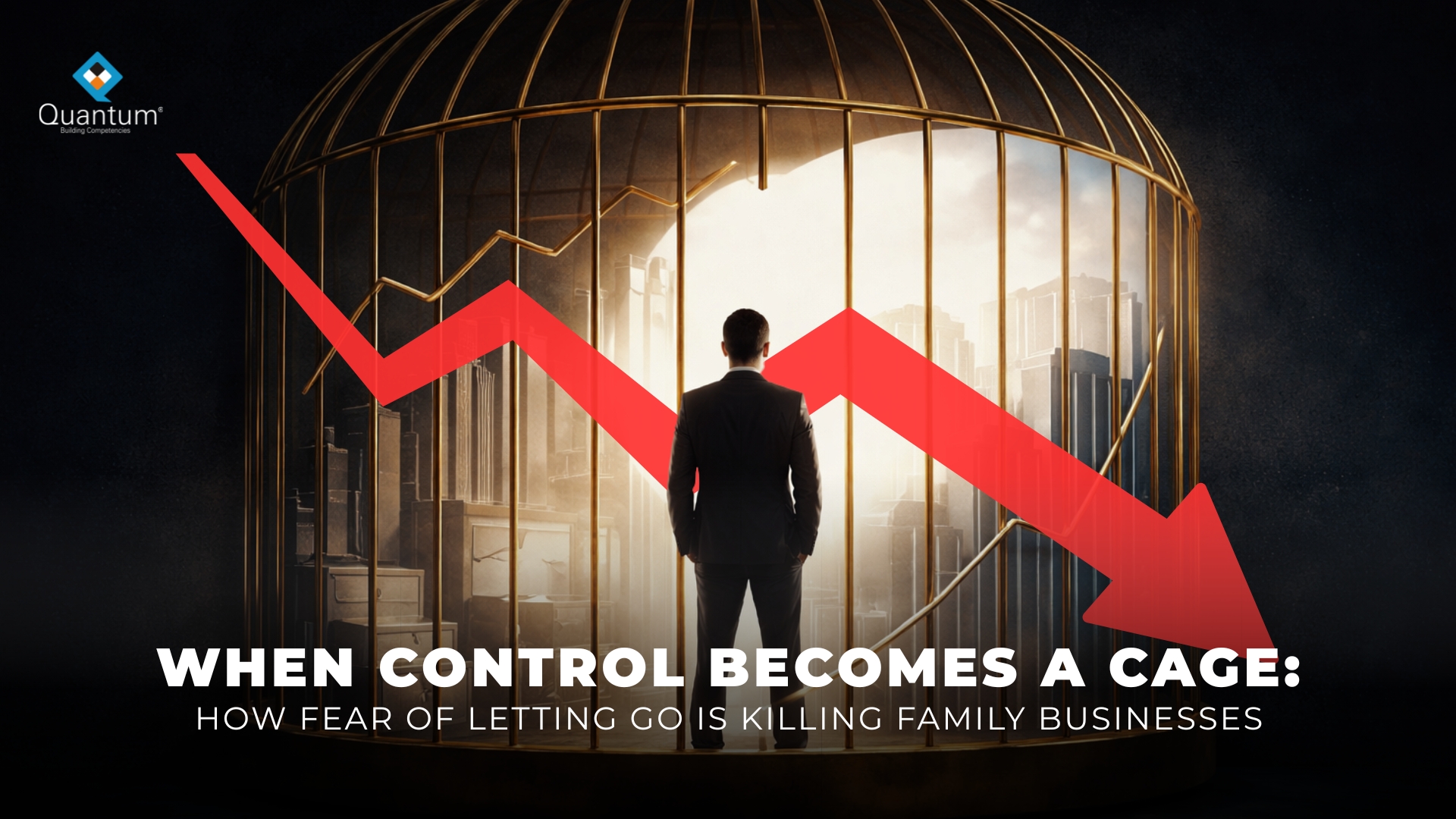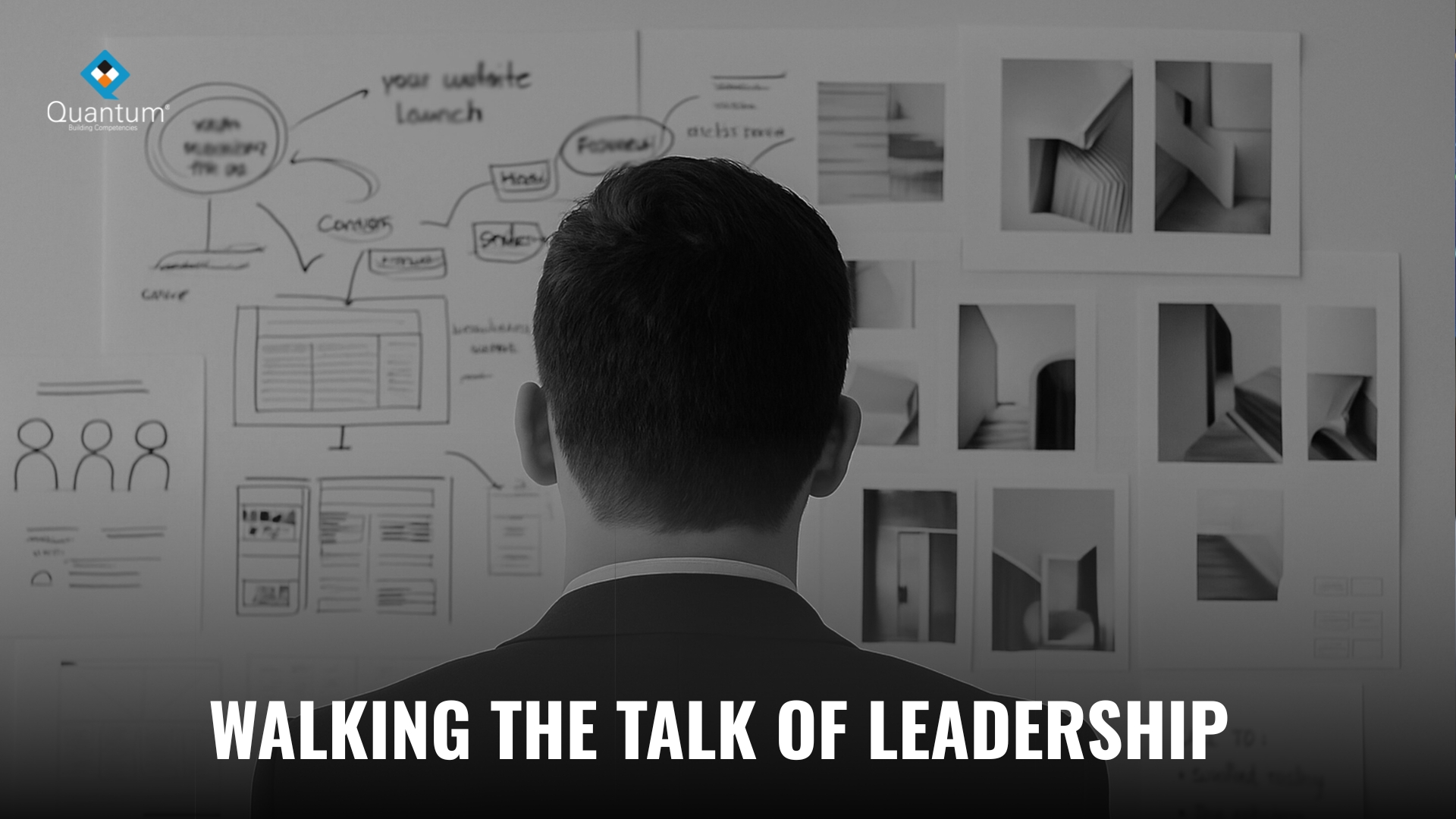
The Silent Killer of Progress: Why We Don’t Make Decisions (Even When We Know What’s Right)
The Monday Morning Meeting, Scene 1 CEO: “So, are we going to go ahead with the launch of the new

More and more young and mid-level managers in the glitzy corporate scene are seeking solace in the commotion of social events and parties as a means of escaping the emotional challenges that accompany the daily grind of presentations, deadlines, and important meetings. When we’re dealing with deeper emotional gaps or a feeling of emptiness, the whole scene of going out, drinking, and hanging out can feel like a cover-up.
In his perceptive book Navigating Through Emotions, Dr. Pratik P. SURANA discusses how harmful coping mechanisms can develop as a result of emotional turmoil. He notes that many professionals, rather than dealing with their inner issues, opt to run away, which only serves to perpetuate their emotional instability.
A Chat at the Crossroads
Ravi, a 28-year-old marketing manager, was sitting across from his friend Ankita, casually nursing his drink at a lively club in Mumbai.
Ankita: “Hey Ravi, don’t you ever feel worn out by this same old routine?” So, you’re partying every weekend, huh?
Ravi: (chuckling) “Oh, come on, Ankita.” So, this is how we chill out, huh? Plus, it helps me stay occupied.
Ankita: “What are you distracted from?”
Ravi: (taking a moment) “I don’t think you’d get it.” Work is wild right now. And… sometimes it feels like I’m running, but I’m not quite sure where to go.
This quick chat shows the quiet battles that folks like Ravi go through. Sometimes, the clinking glasses and pounding music aren’t really about celebrating; they’re more like a way to drown out the inner chaos.
The Feelings Hidden in the Chaos
The Surface:
Perceived Glamour: A lot of people see being involved in the clubbing and partying scene as a sign of success and being socially engaged.
Peer pressure can really influence our choices, can’t it? In corporate circles, late-night parties are often seen as just another way to network, making them a regular part of the lifestyle.
The Real Deal:
Loneliness: Even when there are people around, a lot of folks still feel a sense of emotional disconnection.
Burnout: The fast-paced corporate world often doesn’t allow for real self-reflection, which can result in feeling drained, with only short-lived distractions to cope.
Emotional Turmoil: Sometimes, we just shove aside those feelings of not being good enough, the fear of failing, or those old wounds instead of really dealing with them.
Case Studies: Insights from the Boardroom
Case 1:
Neha – The Life of the Party, Yet Feeling Alone
Neha, who’s 32 and works as an HR manager, had a reputation for throwing the best office parties. She had a stunning Instagram feed packed with glamorous photos from her outings. But, underneath it all, she was dealing with feelings of not being good enough, which came from always comparing herself to her friends.
Dr. SURANA’s book points out how people often put on a social mask to steer clear of dealing with their inner struggles. Neha finally decided to go to therapy when she figured out that her social life was just a way to deal with her self-doubt. She got some professional help and started working on self-compassion, putting her energy into building meaningful connections.
Case 2:
Karan – The High-Performer with a Hidden Struggle
Karan, who’s 29, dives into his work as an investment banker during the week and then hits the party scene hard on the weekends, often staying out until dawn. Keeping busy kept him from having to face his fear of failing. In Navigating Through Emotions, Dr. SURANA talks about how people like Karan often use the chaos around them to avoid facing their own fears, which just leads to a never-ending cycle of trying to escape.
Karan discovered how to recognise his emotions and establish healthy boundaries in both his work and personal life through coaching and mindfulness practices.
A Journey to Feeling Good
1. Acknowledging the Inner Chatter
Recognising that we all face emotional challenges is where it all begins. Partying and clubbing can be fun and offer a little escape, but they usually don’t tackle what’s really going on underneath.
2. Looking for Professional Support
Dr. SURANA says, “Emotions are meant to guide us, not be buried under noise.” Coaching and therapy offer a comfortable environment where you can work through your feelings and learn better ways to cope.
3. Building Real Connections
Creating real connections that are rooted in trust and support can definitely take the place of the shallow vibes of party culture.
4. Embracing Solitude, Not Feeling Alone
Finding comfort in your own company can really change things up. Things like journaling, meditating, or diving into creative hobbies can really help people get back in touch with themselves.
Wrapping It Up: Picking the Right Type of Noise
Parties and gatherings can be a blast with all the external noise, but sometimes that excitement just distracts us from dealing with our own unresolved feelings. Dr. SURANA really nails it when he says, “The loudest cries for help often go unnoticed amidst the noise.”
Young and mid-level managers really need to see how important emotional well-being is and start putting effort into practices that actually lead to real peace and fulfilment. Facing that inner noise with courage instead of drowning it out with distractions is really the secret to living a more meaningful and balanced life.
Hey, just a little reminder: don’t be afraid of silence inside. It’s actually the base for living a really happy life.
© Dr. Pratik P. SURANA (Ph.D.)Quantum Group.
#NavigatingThroughEmotions #DrPratikSurana #EmotionalWellbeing #CorporateLife #MentalHealthMatters #YoungProfessionals #QuietBattles #MindfulLiving #LeadershipFromWithin #QuantumCares

The Monday Morning Meeting, Scene 1 CEO: “So, are we going to go ahead with the launch of the new

Scene 1:The Sharma & Sons Pvt. Ltd. boardroom on Monday morning Arjun, the son, said, “Dad, I think we should

“Culture eats strategy for breakfast.” What most leaders forget is that culture eats leaders first. Peter Drucker articulated this decades